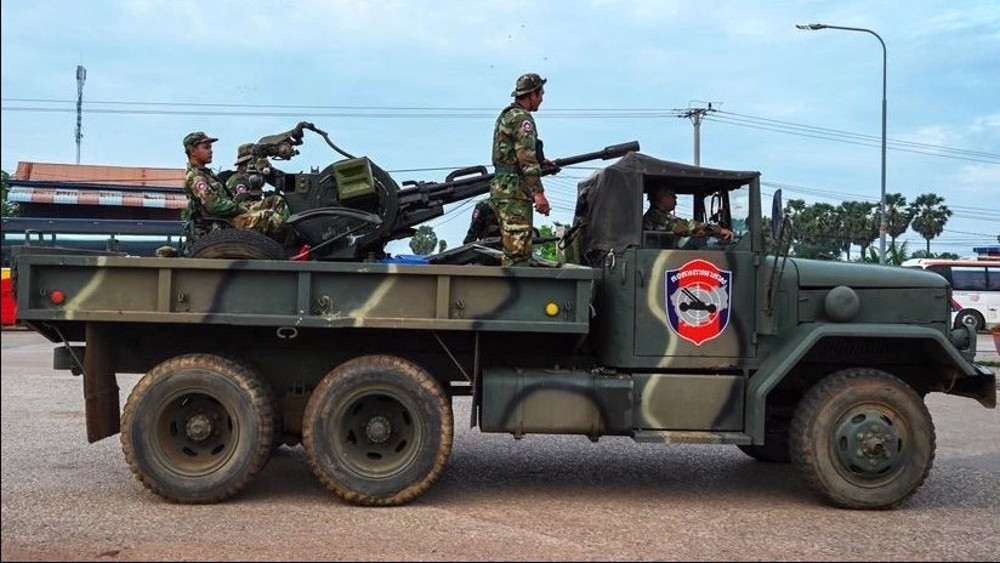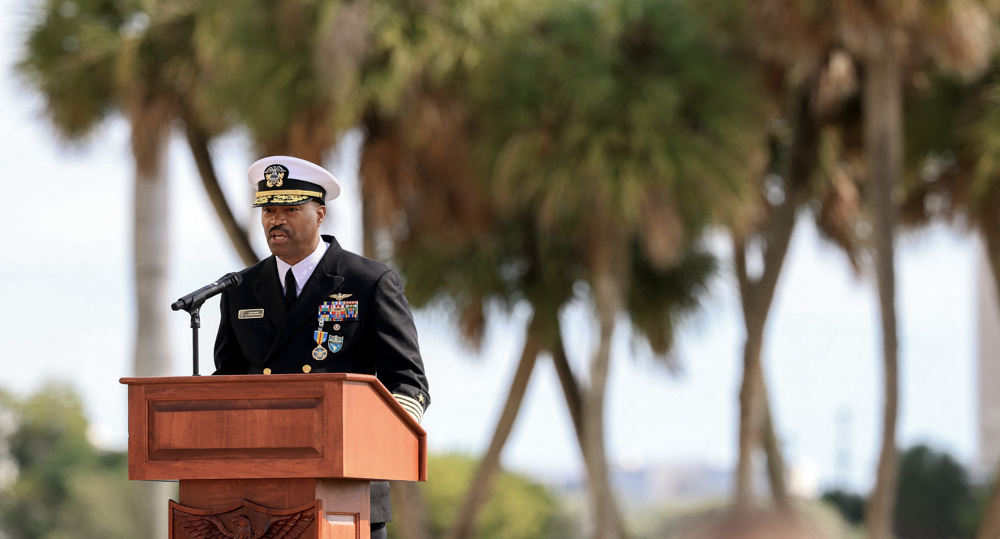Trump's demand for revising Iran's nuclear deal is meaningless: Commentator
The United States has once again leveled allegations against Iran, accusing Tehran of destabilizing the Middle East region. Addressing the 53rd session of the Munich Security Conference in Germany,US Vice President Mike Pence claimed that the nuclear deal between Tehran and the world powers, including the US, has given Iran additional resources to destabilize the region. This comes as Donald Trump himself has repeatedly called the agreement as “a bad deal” which must be renegotiated. Press TV has conducted an interview with Ajamu Baraka, the US Green Party former vice-presidential candidate, and Fredrick Peterson, a senior US congressional defense adviser, to discuss the issue in more details.
Ajamu Baraka maintains that Donald Trump's effort to enter a nuclear negotiation with Iran has no rational base, saying that none of the world powers which signed the landmark deal would accept the idea of renegotiation while there is a justifiable agreement in place.
“There is in place an agreement that goes even beyond the US and Iran. There are a number of states that after meticulous negotiations over years have come to an agreement that everyone has agreed to abide by...” the analyst noted.
He also described US officials' claims that Tehran supports terrorist groups as "pure propaganda", dismissing the allegations as "absolutely ridiculous."
“We all know that an extension of the concerns of the Obama administration with this fixation on Iran continues with Trump administration on this notion that they are concerned about the so-called state terrorism on the part of Iran is absolutely ridiculous especially when the US continues to embrace and support ... the greatest exporter and supporter of terrorism, Saudi Arabia. So, this is not serious.This is a pure propaganda..." Baraka added.

However, Fredrick Peterson said that in his view Trump’s emphasis on renegotiating the Joint Comprehensive Plan of Action, also know as JCPOA, must not be seen as a belligerent move towards Iran, adding that such measures would provide both countries with an opportunity to sit around a table and settle down all the differences.
“I believe that there is going to be an opportunity particularly in the early days of the Trump administration to strike a new deal with Tehran that will meet the needs of both there on, the interests of regional peace and cooperation and collaboration on common goals and a better relationship between our two countries,” Peterson said.
He further underlined that “this is not a one-way door or a one-way negotiation. It is a negotiation which Donald Trump is quite expert at and has said that he is willing to reach out again and renegotiate with Iran a better relationship, a better deal, a better peace for all in the region. I think that's something to look forward to and I believe that seeds of dissension are being for whatever reason being sewn well here within the United States and perhaps within Iran also in order to undercut this before it has an opportunity to bear fruit.”
Trump’s harsh rhetoric against Iran's nuclear deal comes as Washington’s partners have already thrown their weight behind the agreement. The EU has said that it is in complete agreement with China and Russia over the necessity to keep the JCPOA alive.
Iran and the five permanent members of the United Nations Security Council -- the United States, France, Britain, Russia and China -- plus Germany signed the JCPOA on July 14, 2015 and started implementing it on January 16, 2016.
Under the nuclear agreement, Iran undertook to put limitations on its nuclear program in exchange for the removal of nuclear-related sanctions imposed against Tehran.
Iran vows ‘swift, decisive, comprehensive’ response to any aggression after Trump threat
Israeli-approved ‘traders’ allowed to profit from Gaza aid barred from humanitarian NGOs: Report
VIDEO | Beyond the battlefield: General Soleimani’s strategic and diplomatic legacy
VIDEO | Press TV's news headlines
VIDEO | Palestinians in West Bank fear more escalation as New Year arrives
VIDEO | Pakistani MPs pay tribute to Gen. Soleimani on his martyrdom anniversary
VIDEO | Artisans in India’s Rajasthan keep Indo-Persian legacy alive
Muslim states slam Israel for hindering aid to Gaza









 This makes it easy to access the Press TV website
This makes it easy to access the Press TV website